Hosted Virtually by PKU – Mar - December 2022
The Global Air Quality Conversation (GAQC) Seminar Series, a part of the Higher Education Discipline Innovation Project (“111”) founded by Ministry of Education in China, gathers distinguished research scientists throughout the world to share their knowledge in air quality study. Invited speakers will present remotely on their recent published work for an hour including taking questions, followed by a half hour of online discussion with a smaller group at PKU. The scope of GAQC is to promote academic exchanges and international collaborations, offering an opportunity for students and young scientists to know the field from a broader view.
The seminar is scheduled fortnightly on Friday night or Saturday morning depending on the convenience of the speakers.
Speakers:
 Neil M. Donahue
Neil M. Donahue
([email protected])
Thomas Lord University Professor in Chemistry, Carnegie Mellon University
Prof. Donahue’s principal interest is in the oxidation of organic compounds and the associate radical processes in the atmosphere. Two closely connected areas are ozonolysis chemistry and the chemistry controlling organic-aerosol levels and properties in the atmosphere. Recent research largely directed by Prof. Donahue has established that organic aerosol exists in a dynamic balance connecting phase partitioning and oxidation chemistry. Oxidation of large, reduced organics typical of fresh emissions tends to functionalize the carbon backbone, leading to lower vapor pressure products that spend more time in the particulate (condensed) phase, but continued oxidation tends to fragment the carbon backbone as it drives the products towards the oxidative endpoint. In parallel, the Donahue group uses both experimental (spectroscopic) and theoretical (quantum chemistry coupled to statistical reaction dynamics) tools to probe the nature and fate of the short-lived intermediates involved in gas-phase ozonolysis chemistry, including the carbonyl-oxide (Criegee Intermediate).
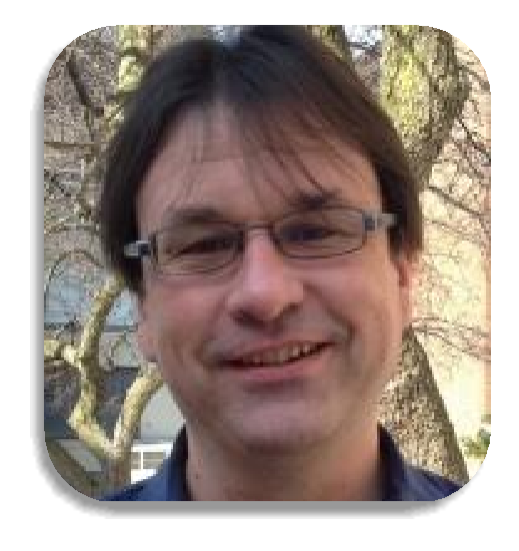 Frank Keutsch
Frank Keutsch
(keutsch@seas.harvard.edu)
Stonington Professor of Engineering and Atmospheric Science
Professor of Chemistry and Chemical Biology, Harvard University
Research in the Keutsch group is aimed at improving the understanding of photochemical oxidation processes of volatile organic compounds (VOCs) by conducting new field observations of key VOC oxidation intermediates (OVOCs). The group combines field observations, taken during collaborative field campaigns, with laboratory studies of kinetics that provide new detailed chemical information, in order to test and improve existing atmospheric chemistry models. The field and laboratory observations and scientific analysis are then made available to the wider atmospheric sciences community. A central goal of research in the Keutsch group is the testing and improvement of the mechanistic understanding of secondary pollutant formation across all relevant spatial and temporal tropospheric regimes - from urban areas to remote tropical forests and from tropical oceans to the polar regions.
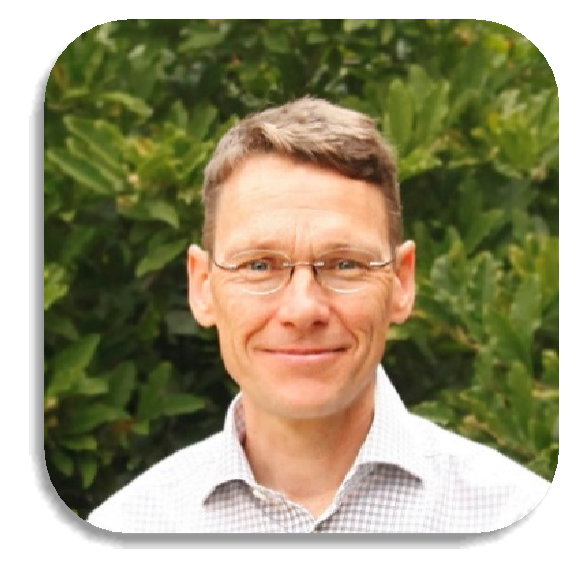 Joost de Gouw
Joost de Gouw
([email protected])
Professor of Chemistry, University of Colorado Boulder
Cooperative Institute for Research in Environmental Sciences Fellow
Joost de Gouw's personal research interests are focused on the sources and chemical transformations of organic compounds in the atmosphere, and the role that these processes play in air quality and climate change. To study these processes, he uses field measurements of volatile organic compounds by mass spectrometry and gas chromatography from various platforms including research aircraft. His current projects include the formation of secondary species including organic aerosol from anthropogenic and biogenic precursors, the atmospheric impacts of energy sources such as corn ethanol, shale oil and natural gas, and the characterization of biomass burning emissions, and the emissions and chemical transformations of VOCs in indoor environments.
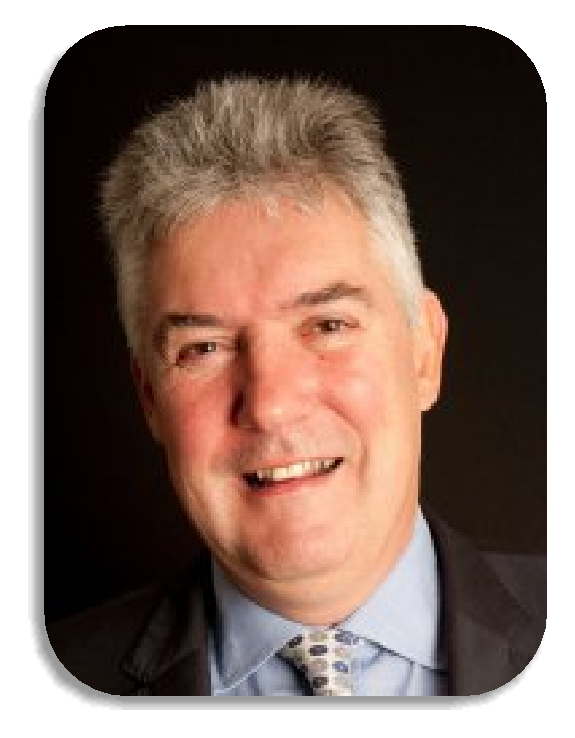 Frank Kelly
Frank Kelly
([email protected])
Battcock Chair in Community Health and Policy, Imperial College London
Professor Kelly’s research spans air pollution research from toxicology to science policy aiming to understand the mechanisms underlying air pollution related health issues and to develop model systems to access oxidative potential of ambient particulate matter. He has led studies of the urban airshed within London including the impact of the introduction of London’s Congestion Charging Zone and Low Emission Zone. He has researched the toxicity of particulate-matter-associated metals and quinones, diesel and biodiesel exhaust emissions, wood smoke and the identification of biomarkers of exposure. He has also investigated oxidant/antioxidant imbalances in patient group including preterm babies, asthmatics, cystic fibrosis and lung transplant patients. A new area of investigation is ambient microplastics including their identification and potential health effects.
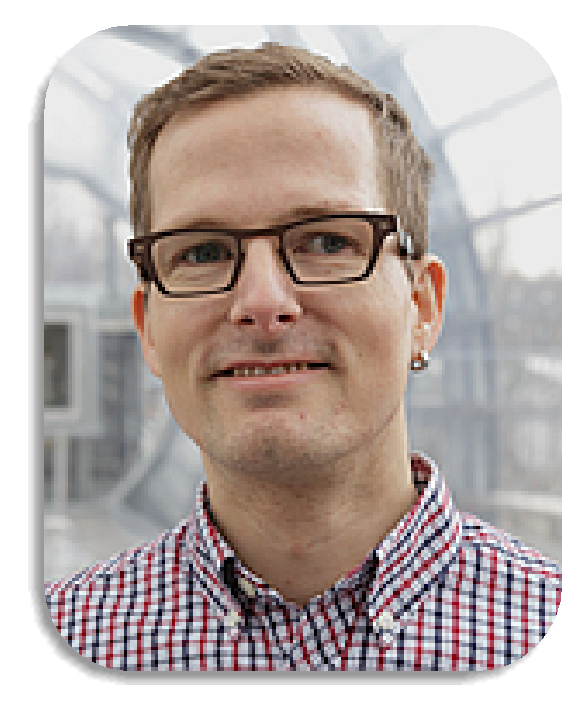 Hendrik Fuchs
Hendrik Fuchs
([email protected])
Professor at Research Center Jülich
Lecturer at Cologne University
Professor Fuchs’ research investigates radical chemistry in a variety of atmospheric environments in the lab and in the field using a number of measurement techniques to understand the process of oxidation in the atmosphere. He has helped pioneer not only the inference but also direct measurement of OH, HO2, and RO2 radicals using optical techniques, particularly cavity ring down and laser induced fluorescence. This work allows for quantitative assessment of our understanding of atmospheric radical sources and sinks and has uncovered previously unknown HOx chemistry. His work has also advanced our knowledge of NO3 chemistry and Criegee intermediates. His field work has included measurements of HOx in Beijing during the CAREBeijing campaign in 2014. His laboratory work has included extensive use of the SAPHIR atmospheric chamber notable for its large size and ability to represent chemistry at low concentrations similar to those found in the atmosphere. Recent work in SAPHIR has included the SARLEP project which he leads investigating the oxidation of biogenic emissions including the use of authentic plants.
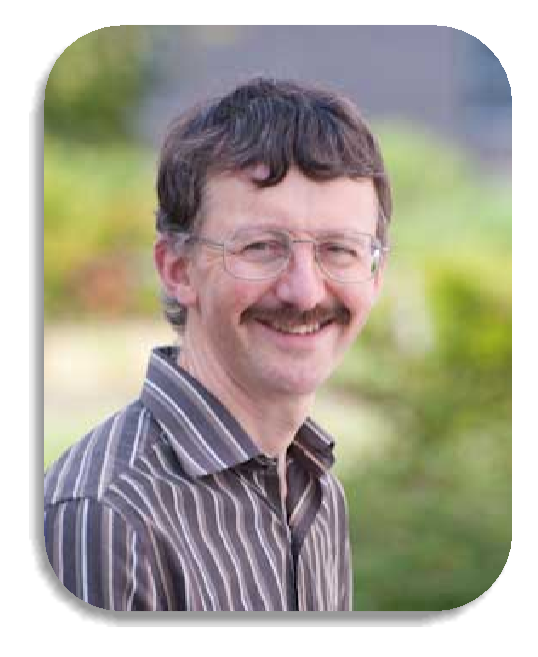 Oliver Wild
Oliver Wild
([email protected])
Professor Lancaster Environment Centre, Lancaster University
Oliver Wild's interests are in atmospheric composition, chemistry and transport, and in understanding how natural and anthropogenic emissions of trace gases affect regional air quality and global climate. He seeks to understand the role of atmospheric chemistry in the broader Earth System through the use of models. His work has included the intercontinental transport of ozone and ozone precursors and the processes controlling surface ozone over East Asia. He has investigated regional and urban air quality effects on climate, including indirect effects from NOx and CO. Recent work has also included atmosphere-biosphere interactions such the impact of biofuel cultivation on human mortality, crop yields, and the dry deposition of ozone.
Schedule:
Spring 2022
|
Speaker
|
Date and Time
|
Title
|
|
Neil M. Donahue
|
03-11 20:00
|
What makes particles grow in Beijing?
|
|
Frank Keutsch
|
03-25 19:00
|
Role of Organic Hydroperoxides and Formaldehyde Catalysis in Particulate Matter Formation
|
|
Joost de Gouw
|
04-09 08:00
|
Emissions from Wildfires, Oil and Gas Production and the Effects of COVID-19
|
|
Frank Kelly
|
04-22 19:00
|
Toxicity of Airborne Particles: Established Evidence and Knowledge Gaps (register with the link below)
|
|
Hendrik Fuchs
|
05-13 19:00
|
Photochemically produced air pollution in China: Insights from field campaigns
|
|
Oliver Wild
|
05-27 19:00
|
Using air quality models to inform short-term emission controls
|
Link of seminar on 2022.04.22:
https://us06web.zoom.us/webinar/register/3916498404142/WN_m3ahQBlCQUeQW-kXit2Msw

